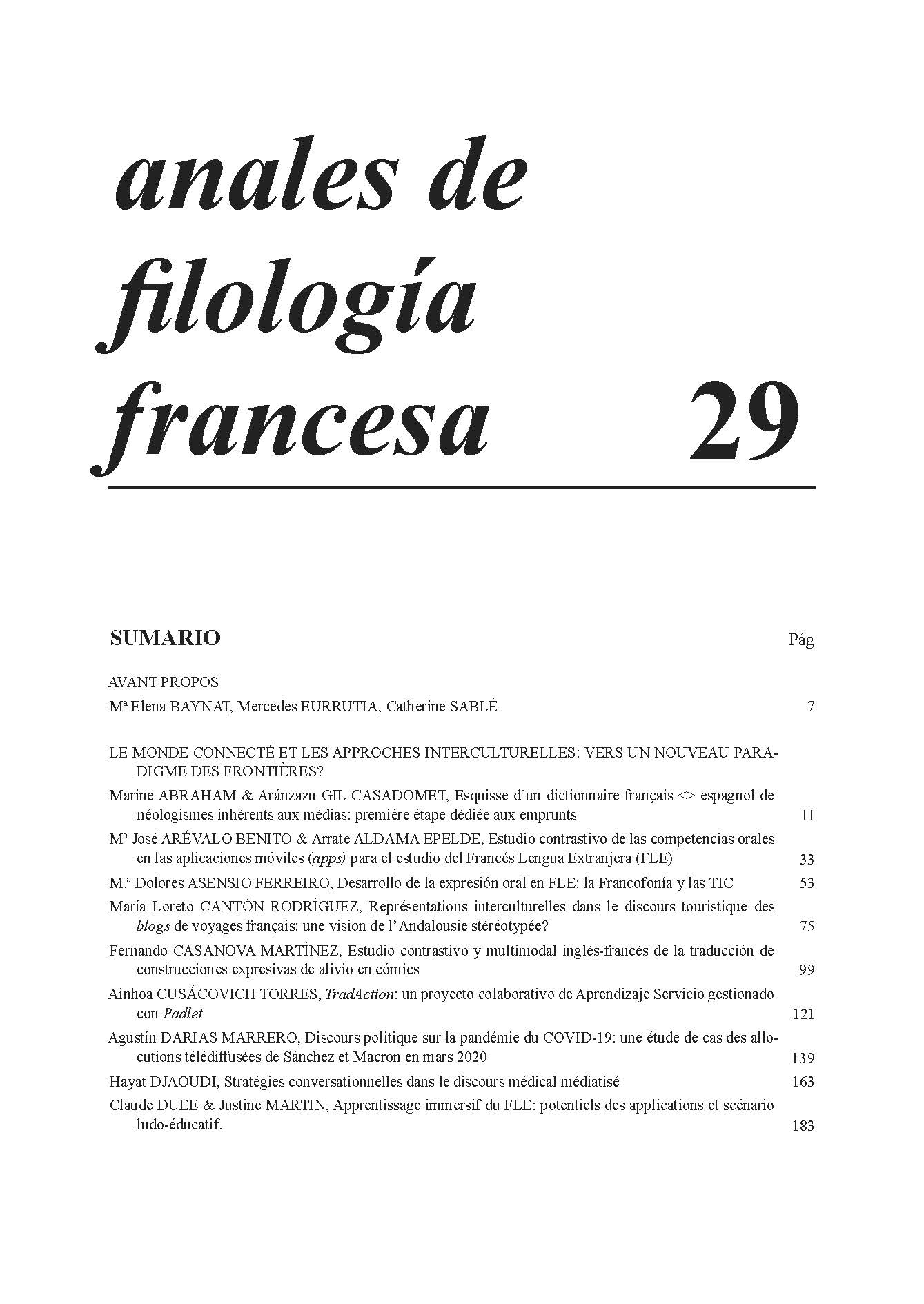For an intercultural dialogue: semantic evolution of the Kärcher brand name in discourse
Supporting Agencies
- Alma Mater Studiorum Università di Bologna
Abstract
The aim of our work is twofold: the exploration of corpora combined with the search for an innovative modality for refining intercultural competence. For this purpose, we use the brand name Kärcher, which for many years has largely departed from its original meaning as a high-pressure water cleaner by acquiring semantic weight and discursive versatility through discourse, as it blends with other semantic-syntactic combinatorics for the linguistic needs of speakers.
In a first step, we will demonstrate that the name Kärcher, which by antonomasia was associated with "scum" at its origins, evolves in discourses and affects other spheres. Namely, native French-speaking writers or not, appropriate the Brand Name Kärcher and transform it as they please by applying it to the most distant domains compared to that of cleanliness in the literal and figurative sense of the term. Finally, interculturality as a "dynamic between" escapes the seemingly fixed side of culture and manifests itself as a dynamic between different domains.
Downloads
-
Abstract429
-
PDF (Français )613
References
Références bibliographiques
AFNIC. Association française pour le nommage Internet en coopération: [21/03/2021].
Araneum Francogallicum Maius: <https://kontext.korpus.cz/> [21/05/2021].
BOULTON, Alex & Henry TYNE. 2014. Des documents authentiques aux corpus: démarches pour l’apprentissage des langues. Paris, Didier (coll. Langues et didactique).
CISLARU, Georgeta. 2013. “Pratiques langagières de l’'événementialisation': illustrations dans le discours médiatique” in Ballardini, Elio, Pederzoli, Roberta, Reboul-Touré, Sandrine & Geneviève Tréguer-Felten (éds.). Les facettes de l’événement: des formes aux signes, mediAzioni, n°15: <http://mediazioni.sitlec.unibo.it> [4/03/2021].
DEMORGON, Jacques. 2003. “L’interculturel entre réception et invention. Contextes, médias, concepts” in Questions de communication, n° 4: <http://journals.openedition.org/questionsdecommunication/4538> [05/03/2021].
French Web 2017 (frTenTen17): <https://app.sketchengine.eu/#dashboard?corpname=preloaded%2Ffrtenten17_fl2> [07/03/2021].
GALISSON, Robert. 1991. De la langue à la culture par les mots. Paris, Clé-International.
GALISSON, Robert & ANDRE, Jean-Claude. 1998. Dictionnaire de noms de marques courants: essai de lexiculture ordinaire. Paris, Didier Érudition.
LEMOINE, Véronique. 2018. “L’interculturel en réflexion pour la classe et ailleurs” in Recherches en didactiques, n° 25, 77-92.
MILNER, Jean-Claude. 1976. “Réflexions sur la référence” in Langue française, n° 30, 63-73.
NEVEU, Erik & QUÉRÉ, Louis (éds.). 1996. “Le temps de l’événement 1” in Réseaux, N° 75, 7-21 et “Le temps de l’événement 2” in Réseaux, n° 76, 5-7.
PAVEAU, Marie-Anne. 2017. Analyse du discours numérique: dictionnaire des formes et des pratiques. Paris, Hermann.
PRANDI, Michele. 2016. “L’interaction métaphorique: une grandeur algébrique” in Protée, numéro thématique Le groupe µ entre rhétorique et sémiotique: archéologies et perspectives, vol. 38, n°1, 75-84.
RICOEUR, Pierre. 1991. “Evénement et sens” in Raisons pratiques, n°2, 41-56.
SABLAYROLLES, Jean-François & PRUVOST, Jean. 2016. Les néologismes. Paris, PUF (coll. Que sais-je?).
SINCLAIR, John. 2004. “New evidence, new priorities, new attitudes” in SINCLAIR, John (éd.), How to use corpora in language teaching. Amsterdam, John Benjamins Publishing Company, 271-299.
SREDANOVIC, Djordje. 2014. “Les industries culturelles et la permanence du national à l’ère d’Internet”, Les Enjeux de l’Information et de la Communication, n°15/2a, 67-79. <https://lesenjeux.univ-grenoble-alpes.fr/2014/supplement-a/06-les-industries-culturelles-et-la-permanence-du-national-a-lere-dinternet> [4/04/2021].
TONTI, Michela. 2019. Lexiculture et linguistique: une approche guidée sur corpus, des noms de marque dans le discours au quotidien. Thèse de doctorat. Alma Mater Studiorum Università di Bologna.
TONTI, Michela. 2020. Le nom de marque dans le discours au quotidien: prisme lexiculturel et linguistique. Paris, L'Harmattan (coll. Laboratorio@francesisti.it).
Las obras que se publican en esta revista están sujetas a los siguientes términos:
1. El Servicio de Publicaciones de la Universidad de Murcia (la editorial) conserva los derechos patrimoniales (copyright) de las obras publicadas, y favorece y permite la reutilización de las mismas bajo la licencia de uso indicada en el punto 2.
2. Las obras se publican en la edición electrónica de la revista bajo una licencia Creative Commons Reconocimiento-NoComercial-SinObraDerivada 3.0 España (texto legal). Se pueden copiar, usar, difundir, transmitir y exponer públicamente, siempre que: i) se cite la autoría y la fuente original de su publicación (revista, editorial y URL de la obra); ii) no se usen para fines comerciales; iii) se mencione la existencia y especificaciones de esta licencia de uso.
3. Condiciones de auto-archivo. Se permite y se anima a los autores a difundir electrónicamente las versiones pre-print (versión antes de ser evaluada) y/o post-print (versión evaluada y aceptada para su publicación) de sus obras antes de su publicación, ya que favorece su circulación y difusión más temprana y con ello un posible aumento en su citación y alcance entre la comunidad académica. Color RoMEO: verde.










